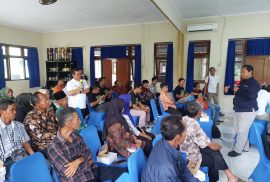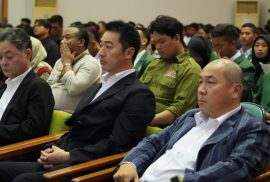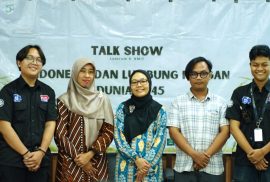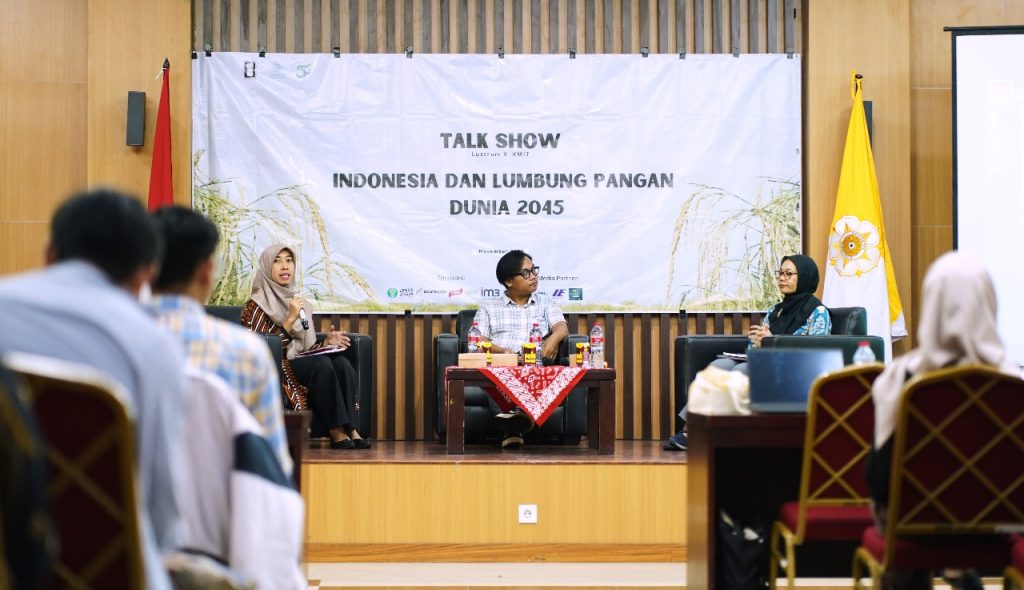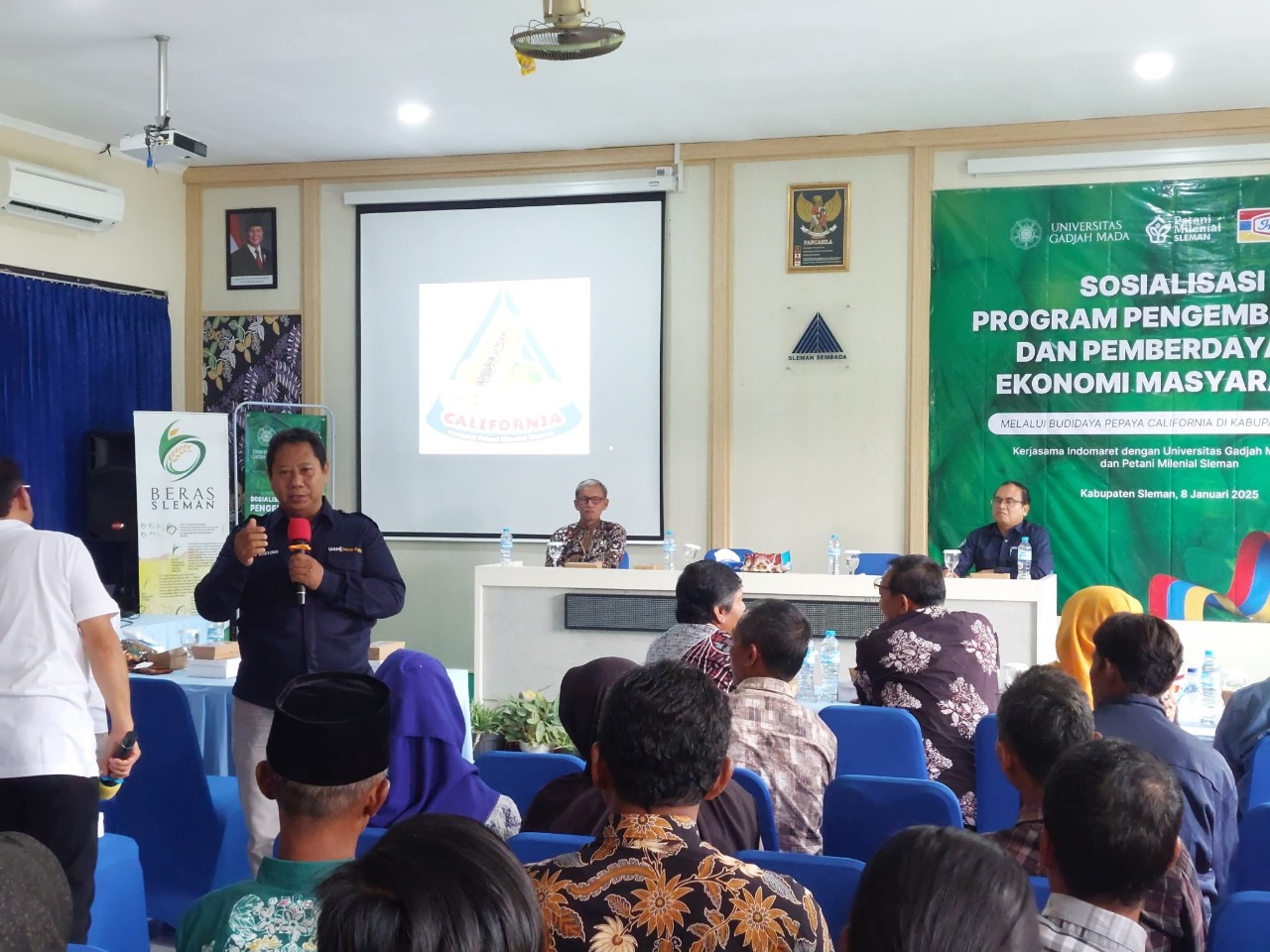
The Faculty of Agriculture, Universitas Gadjah Mada (Faperta UGM), in collaboration with PT Indomarco Prismatama (Indomaret) and Sleman Millennial Farmers, held a socialization event for the Community Economic Development and Empowerment Program on Wednesday, 8 January 2025. This event followed the signing of a Cooperation Agreement (PKS) which took place the day before at the Faculty of Agriculture UGM.
The event was held at the Hall of the Agriculture, Food, and Fisheries Office of Sleman Regency and attended by various stakeholders, including representatives from Indomaret, the UGM Faculty of Agriculture mentoring team, Sleman Agriculture Office officials, Bank Indonesia, and 60 members of the Sleman Millennial Farmers group.

